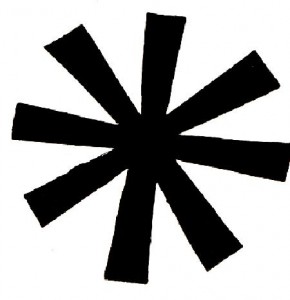Filling the Void or Filling the Full? On the Concept of Grace
DOI:
https://doi.org/10.13135/2038-6788/9893Keywords:
Addition, Being, Filling the Full, Filling the Void, Grace, Holy Trinity, Principle of Contradiction, Simone WeilAbstract
Grace is not sacrifice: it is the opposite of sacrifice in the field of religious language and experience. Nowhere as in the idea of the Holy Trinity does the overcoming of the principle of narrow or strict distribution of space and resources in general come to light. If the Father were to reduce himself in favor of the Son, we would have not grace, but sacrifice. The Father does not shrink to make room for the Son and the Holy Spirit. Shrinking would be sacrifice, but there is no sacrifice in God. The Father occupies the whole place and there is no room for anyone else. Then the Son arrives and the entire space of Deity is now at his disposal. At most, sacrifice may be an implementation of grace. Metaphorically, we can say that the Father empties himself out and allows the Son to pass through ahead of Him. This is a translation of grace in the ethical logic of sacrifice, though. Grace is the impossible possibility of filling a space twice, of finding room in a space already completely occupied. It has ontologically to do with addition, not with renounce. We should not imagine the Impossible as nourishment that comes from above, filling a void; on the contrary, we should imagine it as radical overcoming of the physicalist seizure of space and want for space. Whereas, according to Weil, grace is filling the void, from the author’s point of view grace is filling the full.


